Qwoted vs. Connectively vs. Featured: How Do They Compare?
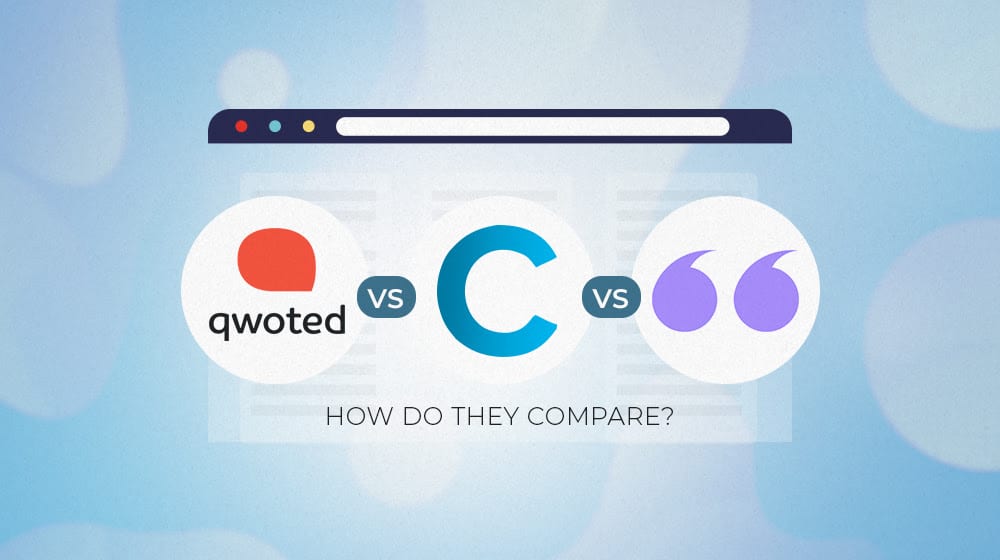
Recently, I've been talking a lot about the various PR Outreach Platforms, or HARO-likes.
In brief, these are platforms where journalists and business owners (or, more broadly, media publishers/creators and subject matter experts) register on different sides of the platform. Media creators can then create a request – something like "I'm looking for a brief interview with an expert in nuclear power and modern reactor design" – and the pool of subject matter experts can look at it. Anyone in that pool who happens to be an expert in nuclear energy and reactors (or whatever the subject actually is) can then respond with their credentials and an answer.
HARO, the Help A Reporter Out platform, was one of the first of this kind of site. Others have popped up over the years, and even HARO has rebranded into Connectively.
The three biggest platforms currently available are Connectively, Featured, and Qwoted. How do they compare, how do they differ, and which one should you use?
Let's run through them.
Note: We launched a new service that manages all three of these platforms for you! We call it our "Link Earning" service. If you're a DIY type person, keep reading. If you'd rather have pros help you with this and avoid hours of painstaking work, check it out here!
Connectively vs. Featured vs. Qwoted: Pricing
First is the subject on everyone's minds: the pricing. How much does it cost to use each of these platforms?
Qwoted Pricing
For Qwoted, media producers are not charged a fee to use the platform at all.
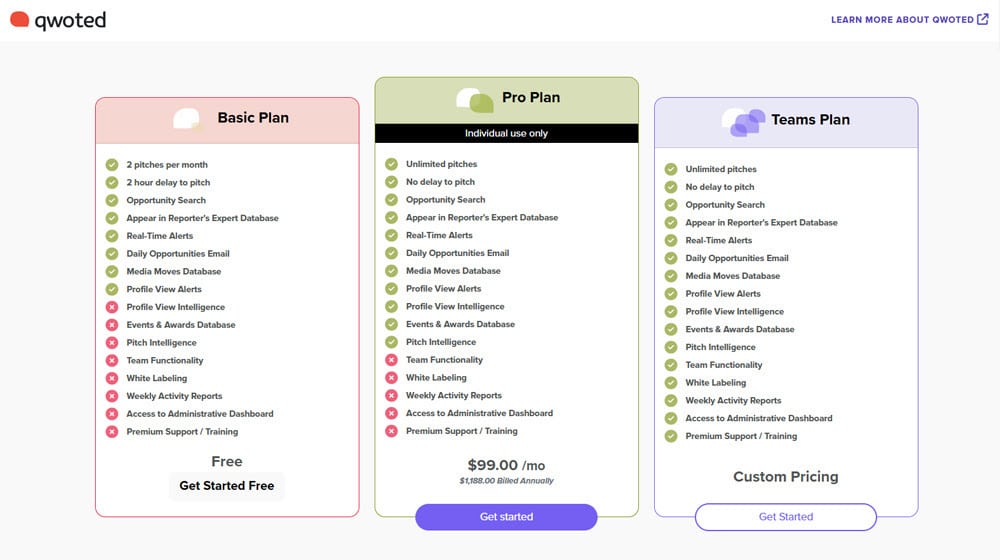
Subject matter experts and PR firms representing businesses have three options. The first is a free plan, which limits you to two pitches per month, and critically, enforces a two hour delay on even being able to see requests, giving paid users a head start that can be insurmountable for most experts.
The lower of the two paid plans is $100 per month. It gives you unlimited pitches and removes the delay, though you are still required to unlock a request, view it, and pitch it before you can unlock another one. They'll ban you if you unlock a bunch, but never pitch them, as it's clearly fishing for the "big fish" in the publisher list.
The higher of the two plans has unlisted, scaling pricing depending on your needs. It adds features like white labeling and team admin controls, which are most useful for PR firms and businesses representing many others. For example, my own link-earning service uses this kind of account.
Connectively Pricing
Next up, we have Connectively. Like Qwoted, Connectively does not charge journalists to use the platform.
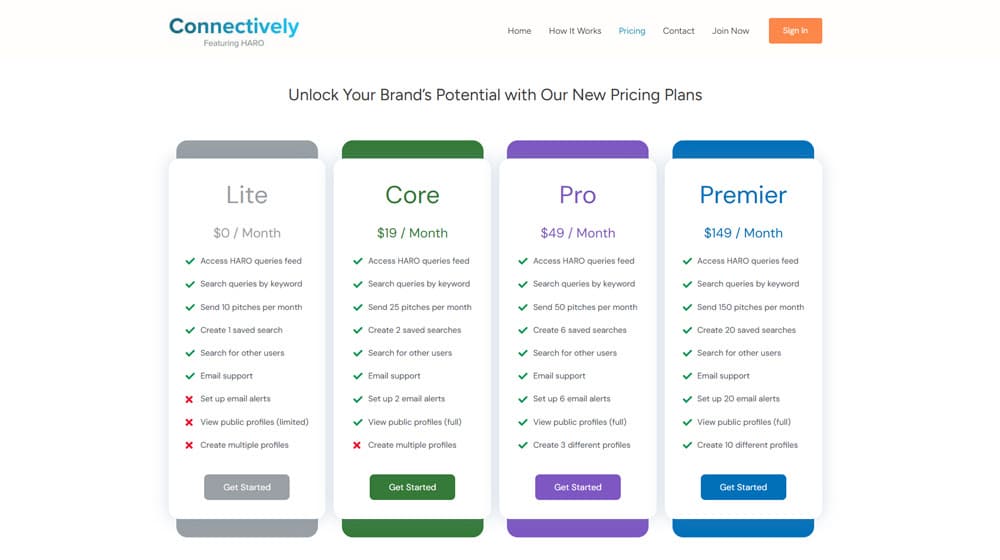
They have four tiers of plans, including a free plan.
- Free: This plan gives you basic access to the queries feed and the option to search it by keywords. You can submit up to ten pitches per month.
- Core: This plan bumps up your limit to 25 pitches per month and gives you email alerts and the ability to see public profiles for journalists. It costs $20 per month.
- Pro: This plan gives you 50 pitches per month, bumps up limits on saved searches and email alerts, and lets you create up to three profiles for clients you represent. It's $50 per month.
- Premier: This plan gives you 150 pitches per month, bumps up the other limits, and allows up to 10 profiles. It's $150 per month.
You can also purchase additional pitches for a fee in packages of 5, 25, or 50, and you can buy them at any plan level. There is no plan that allows unlimited pitches.
Featured Pricing
Like the other two platforms, Featured does not charge the publisher side anything to use the site.
They have three plans and a pay-as-you-go credits option you can use for the free plan.
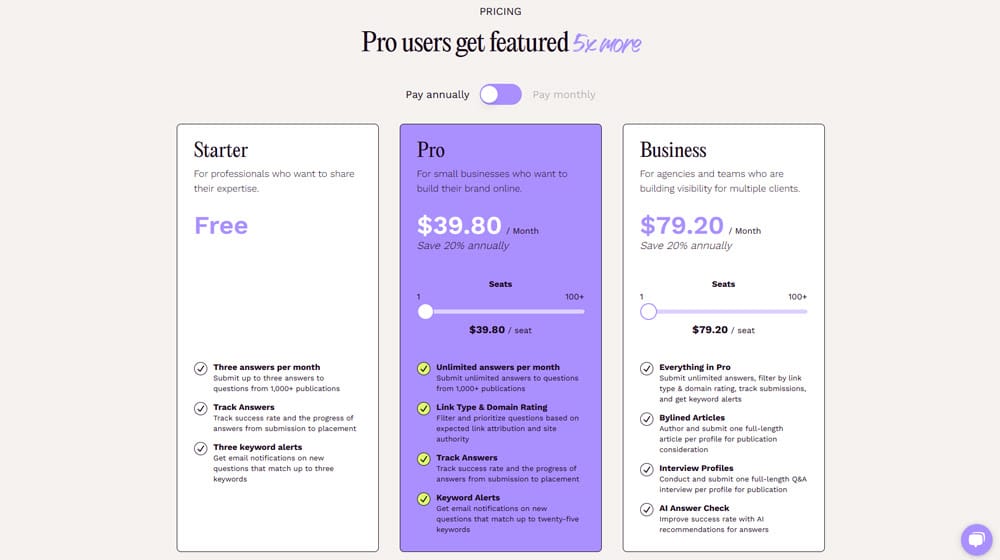
The free plan lets you set up three keyword alerts for questions from publishers and track the status of your answers. The limit is three answers per month. However, you can pay for credits as you go, where one credit is one answer you submit. There are three options for that: 1 credit is $7, a pack of 5 credits is $6 each, and a pack of 25 credits is $5 each.
The Pro plan is their middle-tier plan and is $50 per month per seat. It offers unlimited answers (hence why the pay-as-you-go option is listed for the free plan rather than separately as I did for Connectively), along with filters for the type of link offered and the site authority of the publisher. You can also set up 25 keyword alerts rather than just three from the free plan.
The top-tier Business plan is $100 per month per seat. It has everything from the Pro plan but also gives you the option to submit one full-length bylined article for publication by a publisher, set up an interview profile so publishers can interview you, and has AI recommendations as a pre-submission check for your answers.
The Summary
Pricing-wise, Qwoted has the highest barrier to entry. Their free plan is the worst, to the point of being practically unusable, and their paid plan is quite pricey. Featured and Connectively both have higher-cost plans available, but their basic plans are much cheaper for entry-level use of the sites.
Connectively vs. Featured vs. Qwoted: Added Features
Now, let's talk about the things that make each of these platforms stand out.
All of them function in essentially the same way. Publishers post their questions or solicitations for contributions. Experts submit their pitches. The publisher can then choose to use the information, follow up for more information, or not use it at all. None of them require that the publisher deliver a link in return, though it's often a good practice for a publisher to do so. So, what does each platform offer to stand out?
Qwoted Added Features
There are a couple of things that make Qwoted stand out a bit.
The first is the limitations of the free plan, as mentioned above. All of the sites have limited free plans, but they all have the problem of people registering dozens of accounts to send higher volumes of pitches for free. Qwoted attempts to solve this with the enforced two-hour delay on seeing opportunities. This makes the free plan very difficult to use and broadly ineffective, as the best answers are likely already submitted by the time you even see an opportunity.
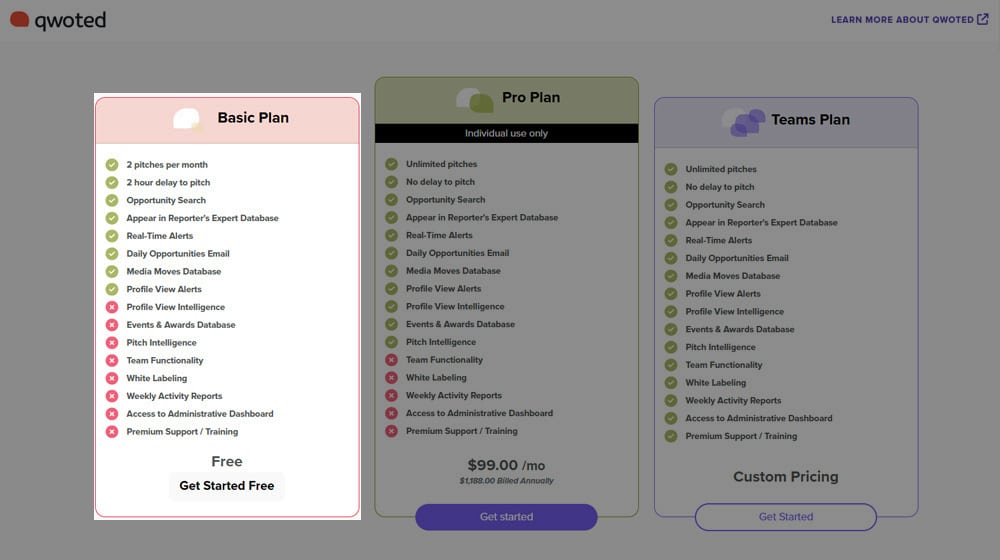
Qwoted also has some AI functionality built in along the way. It's ironic, because they also allow publishers to flag people they think are using AI to submit pitches, and will ban people confirmed to be doing so. It sometimes feels like it's just a tricky situation where they can use it to justify blocking anyone they don't like.
Qwoted is also the only platform of the three that has white labeling at its highest level. Personally, I don't think it would be all that beneficial to white-label their dashboard, but for some of the largest firms out there, I guess I could see it.
Connectively Added Features
Connectively doesn't really have much in the way of added features compared to the other platforms. They're the one that started it all, and most of the other platforms (including ones not listed here) are basically "HARO, but with X," and Connectively hasn't really caught up.
That said, there are a couple of benefits to using it over the other options.
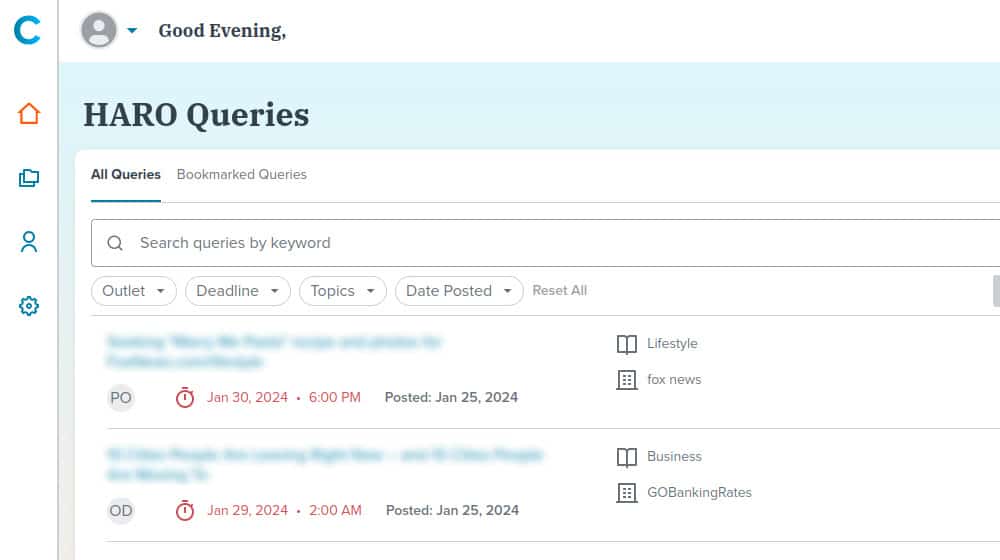
The first is, as it's the oldest of the platforms despite the rebrand, it has the largest base of publishers reliably using it. You have less churn and more consistent connections.
It also rolls in the added seats option in the paid plans at $50 and $150. Getting ten profiles for $150 is much cheaper than Featured, which would be ten seats or a thousand per month.
Featured Added Features
There are essentially only two features that make Featured stand out.
The first is the domain authority and link type filters you get with your paid accounts. They categorize their publishers according to how likely they are to add a backlink with their citations and whether or not it's a followed link. They also incorporate a form of domain authority so you can filter requests by only the better publishers on the site. Other platforms either don't allow this or, in the case of Qwoted, actively hide that information, so it's refreshing. It does, however, mean that mid- and low-tier publishers basically can't use the platform effectively.
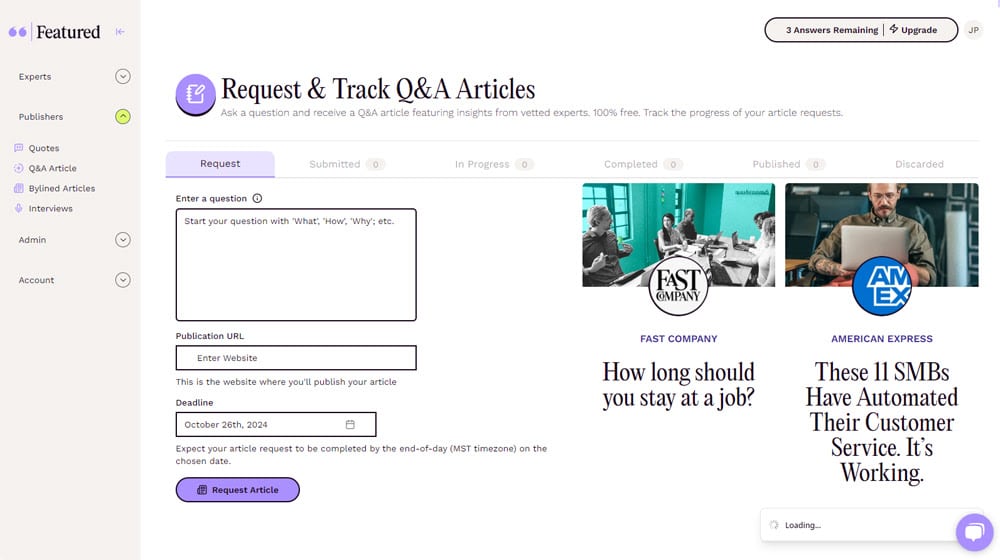
The second is the feature exclusively available to the top-tier plan, which is the option to create and upload a full bylined article and have it picked up and published by one of their publishers. That, along with the associated interview profile, adds more identity and potentially a nice spike in value for people paying for the highest-tier plan.
Featured also uses AI at the highest tier as suggestions for making pitches better, though I can't speak to how effective it is or whether or not they block people for AI use like Qwoted does.
Connectively vs. Featured vs. Qwoted: Site Ownership
This one is a brief digression, but it can be meaningful to some people.
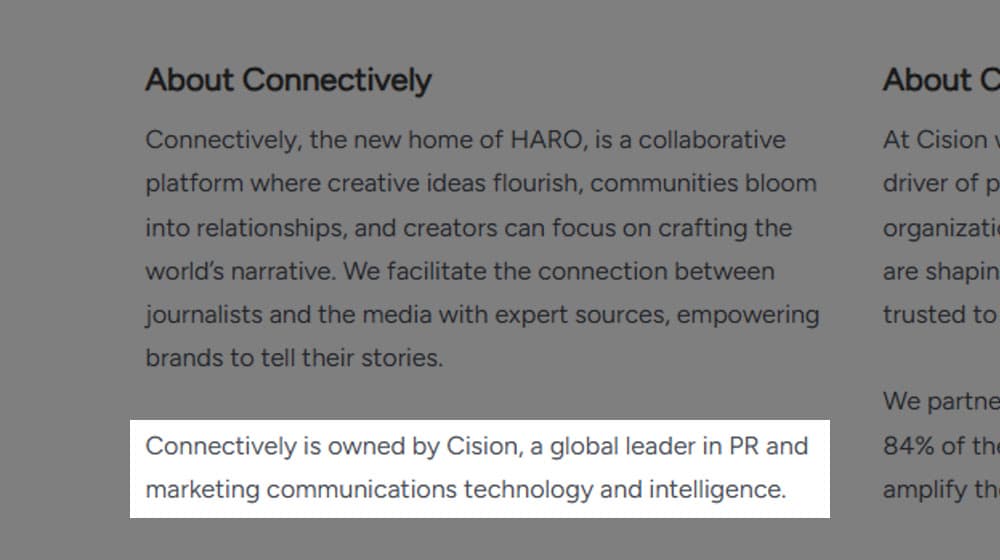
Qwoted is owned by the financial PR firm Vested. Connectively is now owned by Cision, a larger and global PR agency. Featured is also likely owned by someone, as they were acquired when they rebranded away from the Terkel name, but they don't disclose who bought them.
Connectively vs. Featured vs. Qwoted: Which Should You Use?
The answer here comes down to a couple of factors, but the biggest is probably your budget.
If you're not a PR firm or company like myself offering a service to use these sites, you generally want to pay for one of the lower-tier paid plans. That's fine for Featured and Connectively, but Qwoted is a lot more expensive. More importantly, both Connectively and Featured can be used for free, even if you have some limitations; Qwoted's delay makes it so much harder that it's not worth the consideration.
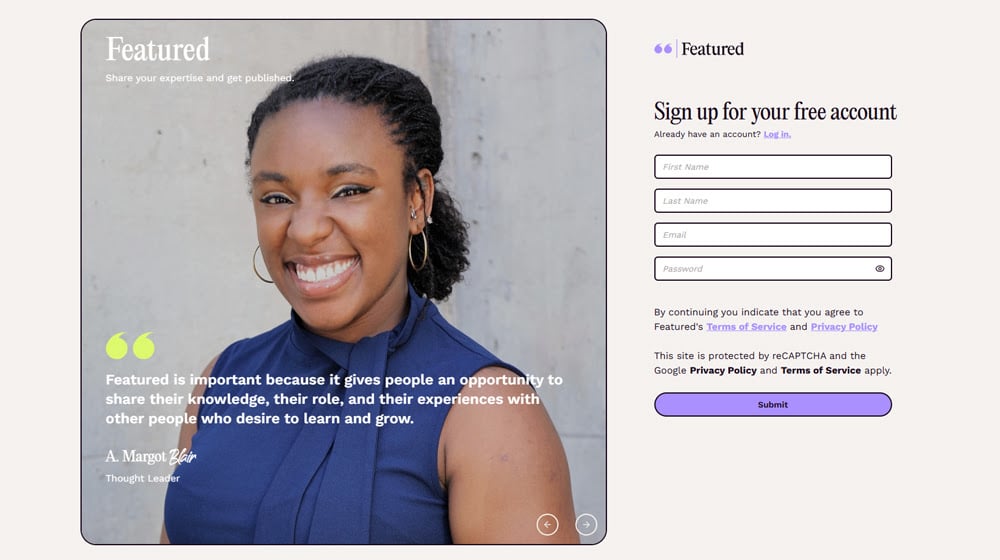
Smaller businesses and individuals looking to use a PR platform for outreach and name-building can give the free plans a try and get a feel for how well they work for you. All three platforms have their slants in terms of what publishers are using them and what subjects are most common, so you need to find the one that best aligns with your topic.
You can also simply consider using all of them. Free plans are enough for a small bit of tertiary outreach, and if nothing else, you can gather some names of publications and media creators who are usually seeking contributions and pitch them outside of the platform as well.
Other PR Outreach Platforms
While Connectively, Featured, and Qwoted are three of the biggest names in PR outreach, there are still a bunch of other sites you can consider as well. In fact, if you make free accounts on all of them, you'll basically have something to do every other day all month long.
One I want to bring up specifically is Source of Sources. This is much less of a formal system, and it's entirely free. It's actually the HARO replacement made by the person who originally founded HARO and was, for a while, called HERO: Help Every Reporter Out.
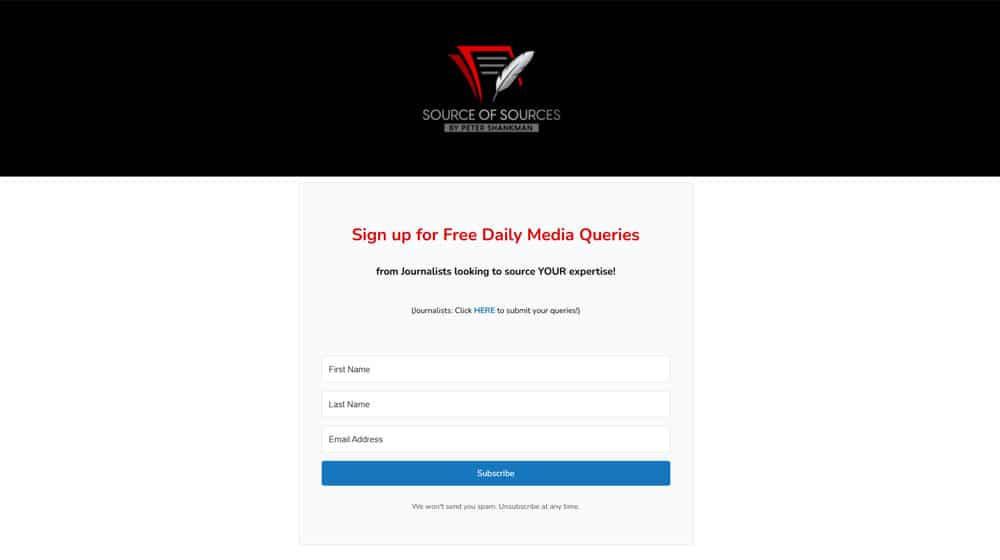
It's basically just a mailing list. Publishers with a need submit to him and he forwards it to the mailing list. Anyone subscribed can respond to the mailing list messages if they have something relevant to contribute. The kicker is, it's very unforgiving. If you respond to something and it's clearly AI-generated or irrelevant or you are just fishing for something unrelated, he bans you from the list and you're done.
Other options include platforms like Prowly, Kiti, Muck Rack, One Pitch, Pitch Response, PitchBox, and Source Bottle. I have a whole rundown of these platforms and more in this post. I also have more detailed guides on Featured and Connectively, with one for Qwoted coming soon.
If you have any questions, want tips or advice, or want to talk about any other marketing topic, drop me a line! You can also check out my HARO-like link-earning service if you want to make use of these platforms but aren't confident in doing it yourself. Either way, let me know!




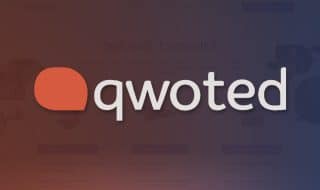
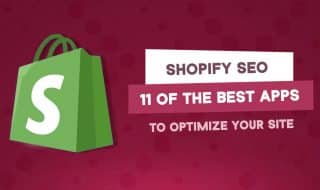


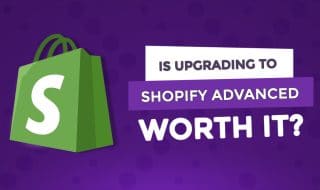

Comments